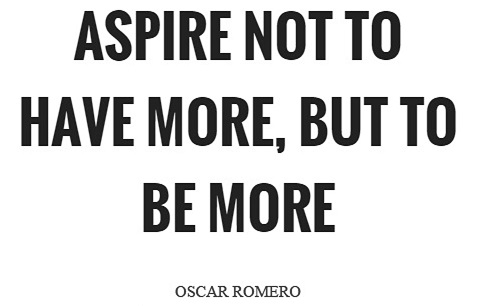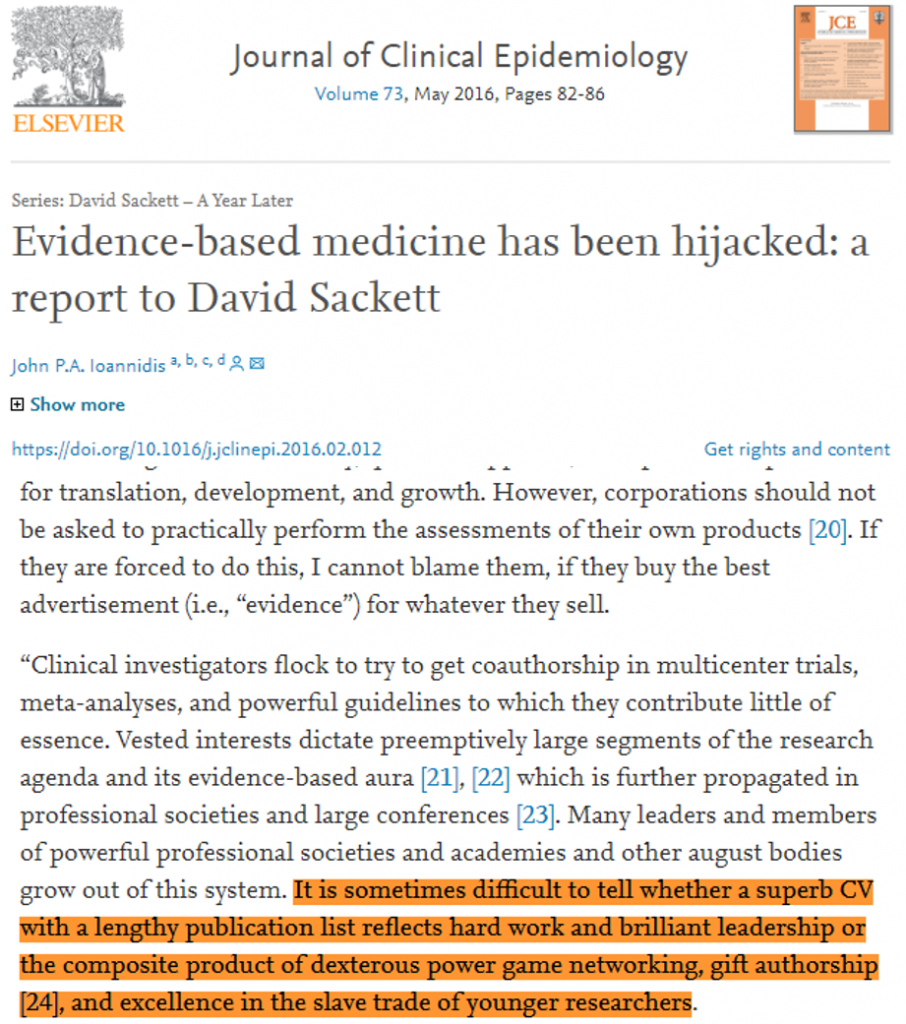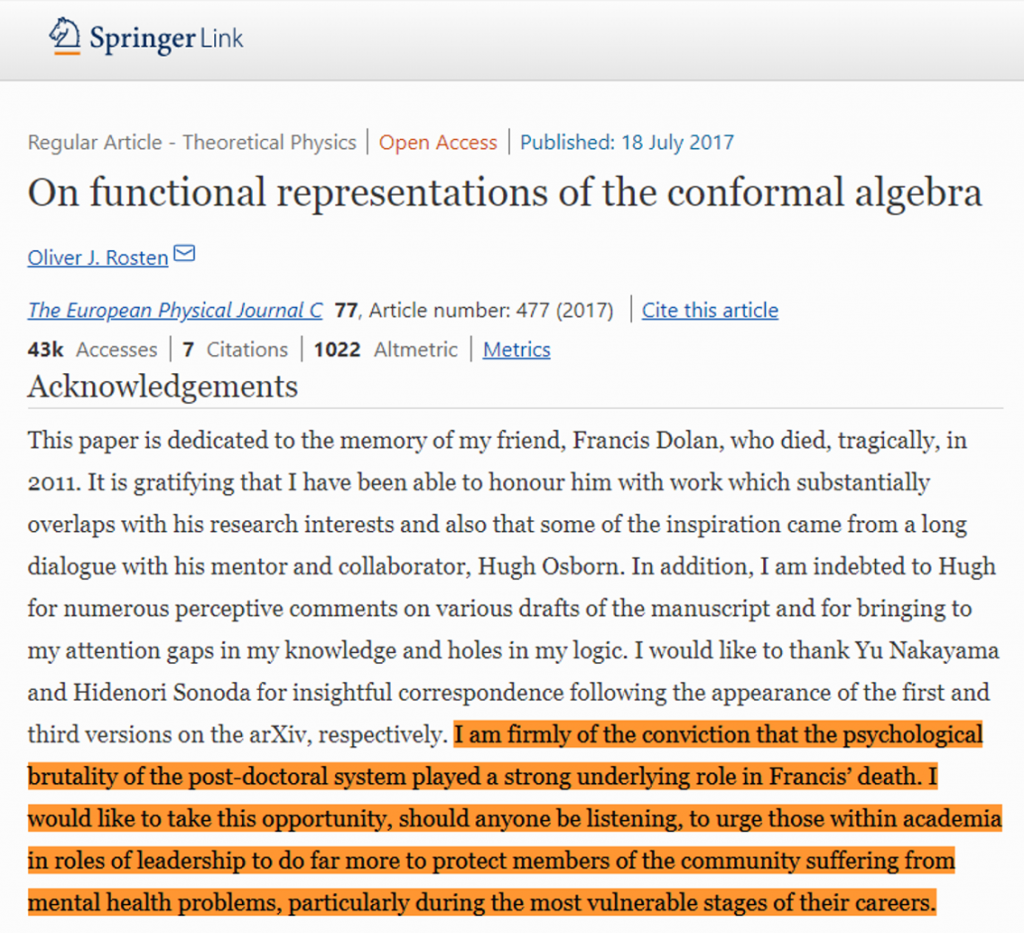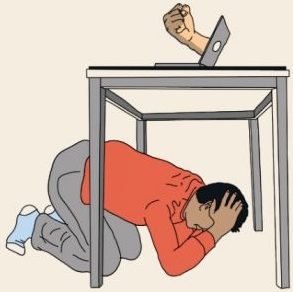Two open science platforms: Frontiers and Figshare are doing their part in the fight against the virus.
“The Frontiers community is mobilizing to help mitigate the COVID-19 pandemic. In particular, Frontiers have launched our Coronavirus Knowledge Hub – here you will find the outputs of several new initiatives intended to coordinate and support the efforts of our community, as we confront the public-health, economic and societal effects of the rapidly spreading disease.
As part of this initiative, Frontiers is assembling many of the world’s leading coronavirus scientists and epidemiologists to participate in the Research Topic: ‘Coronavirus disease (COVID-19): Pathophysiology, Epidemiology, Clinical Management and Public Health Response’. This article collection will highlight how interdisciplinary research can provide insights into the COVID-19 epidemic, addressing knowledge gaps and generating evidence for its improved management and control.
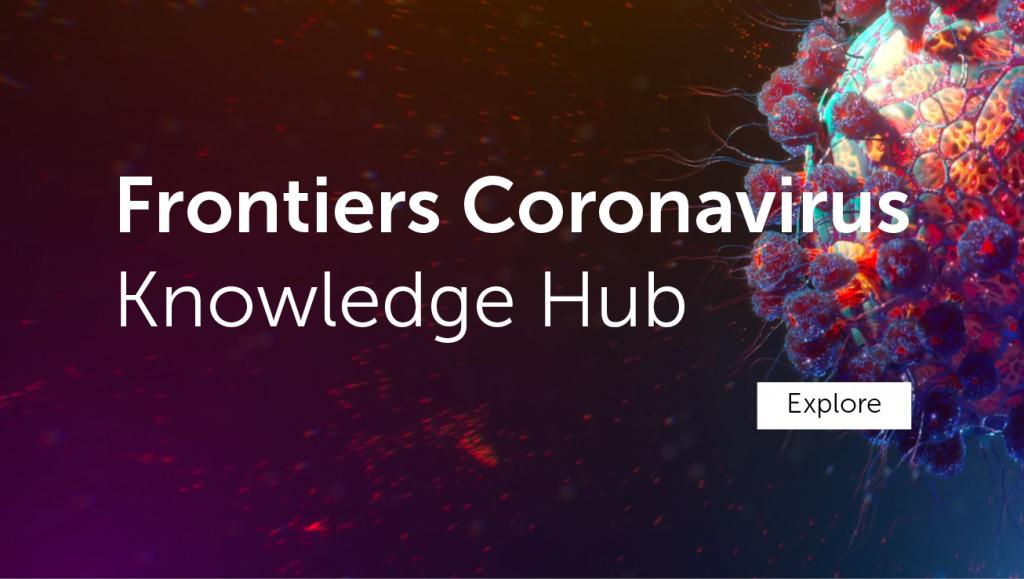
A trusted source for the latest science on SARS-CoV-2 and COVID-19
Frontiers has also waived Article Processing Charges (APCs) and established a priority peer-review process for manuscripts submitted in response to the COVID-19 pandemic. This will further help ensure robust scientific research becomes openly available as soon as possible, for other researchers to build on and to enable evidence-based decision-making for public authorities worldwide.
As we pull together as a community – calmly, responsibly, and resolutely – during this COVID-19 outbreak, Frontiers is keen to hear from you. Please do not hesitate to send your ideas for new research directions, stakeholder engagement and initiatives around coronavirus and the current global health crisis. Making science open has never been more essential to global well-being and Frontiers thank you for your contribution and dedication”
Figshare is also committed to continuing to provide a platform to share the latest research on an international scale. As such, Figshare will continue to supply and maintain our normal service during the Covid-19 pandemic. We are also in a unique position to help the research community during this time so the team has been working on some new initiatives to aid the rapid dissemination of research in any form, be it preprints, datasets, presentations, or software.
The significance of sharing research is vitally important, now more than ever, which is why we want to help in any way we can. To allow researchers to publish any COVID-19 related research, we’re launching a free portal at https://COVID19.figshare.com/.
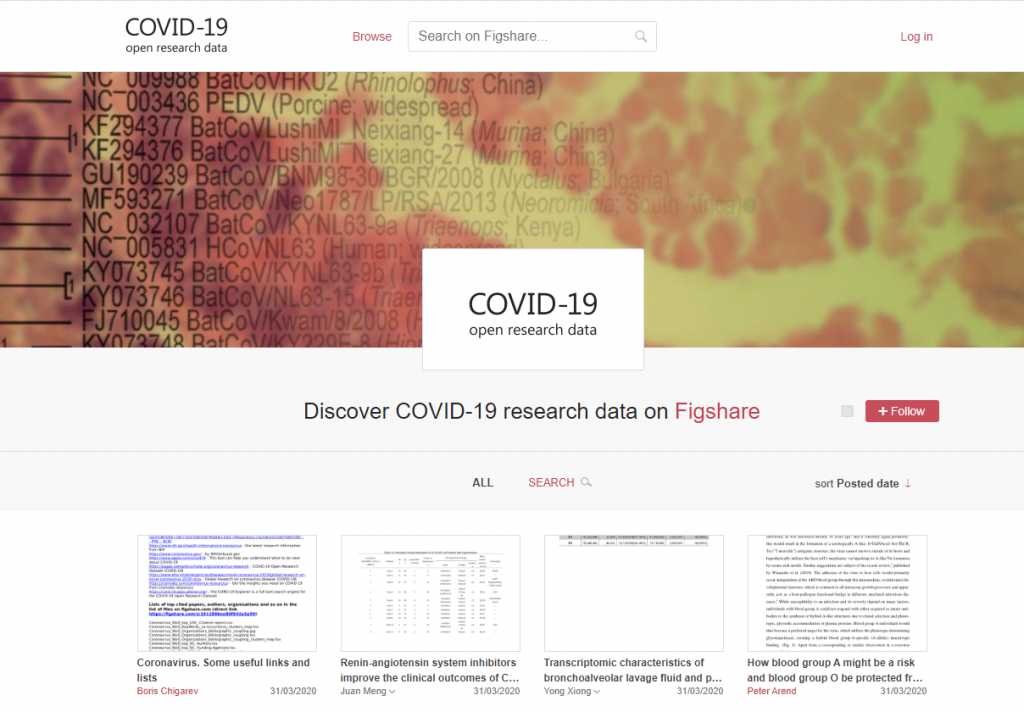
All researchers will need to do is create an account on Figshare and upload content with COVID-19 as one of the keywords on their metadata form and we’ll pull it into the COVID-19 Open Research Portal.
Please note, if your institution uses Figshare as a data or institutional repository, please continue to use that platform to store and share your COVID-19 research. COVID-19 research stored in institutional Figshare platforms will also be aggregated into https://COVID19.figshare.com.
If you’d like to learn more about the https://COVID19.figshare.com portal or have any questions, please visit the Figshare blog, here or reach out at support@figshare.com.
